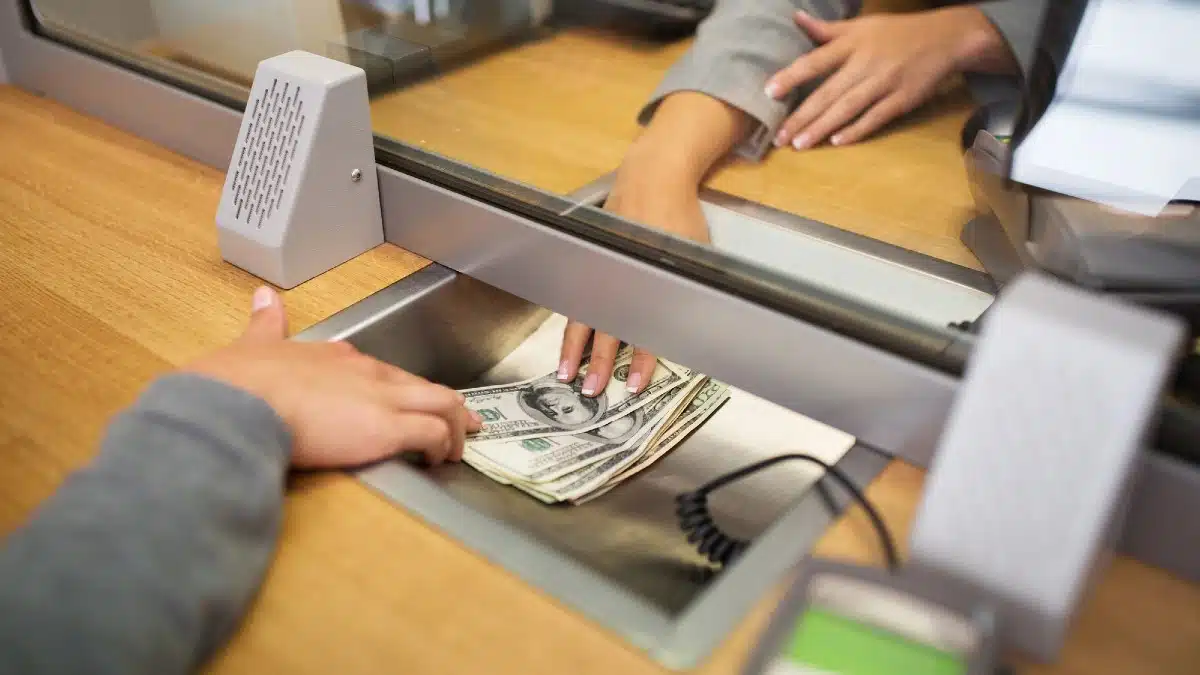By prioritizing financial freedom, people often cut out unnecessary expenses, change their spending habits, and focus on more mindful budgeting. This title emphasizes the importance of eliminating certain luxuries and non-essential costs, demonstrating how intentional lifestyle changes can lead to significant financial improvements and a stress-free life without the burden of debt.
1. Impulse Buying

That rush of buying something on a whim? It can add up quickly. Avoiding impulse purchases means thinking twice before you buy. Ask yourself if it’s something you need. This small change can save you a lot in the long run.
2. Expensive Habits

Coffee from the cafe every morning or dining out too often can drain your wallet. Try making coffee at home or cooking meals more. It’s surprising how much you can save by reducing these daily expenses.
Follow Invested Wallet For More

If you’ve enjoyed reading our content and are passionate about learning wealth, manage your finances, and achieve financial freedom, we’d love for you to join our community! Click here to follow Invested Wallet for more.
3. Minimum Payments on Credit Cards

Paying just the minimum on your credit card keeps you in debt longer because of interest. Try to pay more than the minimum or, even better, the full balance each month. This approach reduces the interest you pay over time.
4. Not Having Good Company

Surround yourself with good friends who often encourage wise spending, and saving habits, and can offer support during challenging times. By keeping good company, you’re more likely to stay motivated and on track toward a financially secure future without the burden of debt.
5. High-Interest Debt

Debt with high interest, like some credit cards, grows faster than others. Prioritizing these for repayment can save you a lot on interest. Sometimes, transferring the balance to a lower interest rate option can also help.
6. Avoiding New Debt

It sounds simple, but one of the best ways to become debt-free is to stop accumulating new debt. This means living within your means and avoiding the temptation to finance purchases with credit cards or loans. Adjusting your lifestyle to spend only what you have can significantly affect your financial health.
7. Not Keeping Track Of Spending

Knowing where your money goes each month is crucial. A budget helps you track spending, identify areas to cut back, and allocate more funds to debt repayment. It’s not just about limiting expenses; it’s about making informed decisions that prioritize your financial freedom.
8. Lack of an Emergency Fund

Unexpected expenses can derail your debt repayment plans. An emergency fund acts as a financial buffer, preventing you from falling back on credit cards when unexpected costs arise. Start small, even if it’s just a little each month, and build up to cover several months’ worth of living expenses.
9. Not Negotiating Lower Interest Rates

High-interest rates can make it feel like you’re not making progress on your debt. Contacting your creditors to negotiate lower rates can reduce the amount of interest you pay over time. Even a small reduction in the interest rate can make a big difference in how quickly you can pay off your debt.
10. Not Automating Savings

Setting up automatic transfers to your savings account and automatic payments for your debts can help ensure you consistently save and reduce your debts without thinking about it each month. This method helps build savings for future needs while keeping you on track with your debt repayment plans.
11. Spending More Than You Make

Take a hard look at your monthly expenses and identify what you can live without. Maybe it’s cable TV, an expensive phone plan, or dining out regularly. Reducing these expenses can free up more money to put toward paying off your debt faster.
12. Overlooking Debt Repayment Plans

Many creditors offer repayment plans to help people manage their debt more effectively. These plans can lower your monthly payments, reduce interest rates, or even forgive a portion of your debt in some cases. It’s worth talking to your creditors to see what options are available.
13. Lack Of Financial Education

Investing time in financial education can give you the knowledge and tools needed to manage your finances more effectively. Understanding how to budget, save, invest, and manage debt can empower you to make informed decisions that promote a debt-free lifestyle.
Follow Invested Wallet For More

If you’ve enjoyed reading our content and are passionate about learning wealth, manage your finances, and achieve financial freedom, we’d love for you to join our community! Click here to follow Invested Wallet for more.
